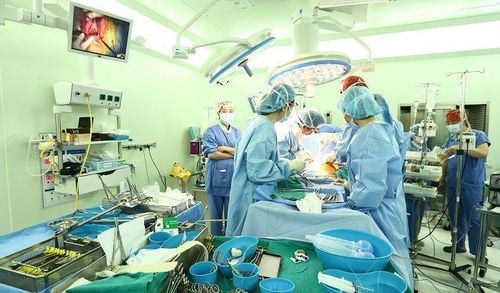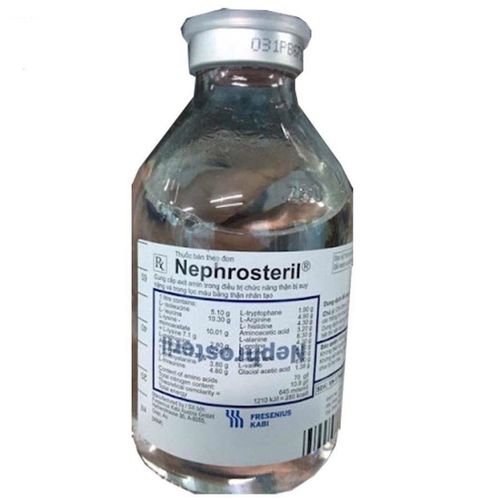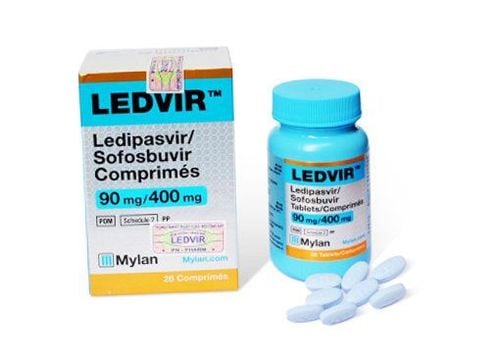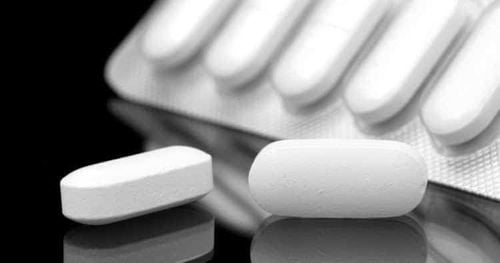This is an automatically translated article.
The article was professionally consulted by Specialist Doctor I Le Nguyen Hong Tram - Gastroenterologist - Department of Medical Examination & Internal Medicine - Vinmec Nha Trang International General Hospital. The doctor has many years of experience in the examination and treatment of gastrointestinal diseases, especially gastrointestinal - hepatobiliary diseases, gastrointestinal endoscopy and general internal diseases.Acute liver failure is a rapid loss of liver function over days or weeks in a person with no/pre-existing liver disease. Acute liver failure is less common than chronic liver failure but can cause serious complications.
1. Diagnosis of acute liver failure
Tests and procedures used to diagnose acute liver failure include:Blood tests Blood tests are done to determine how well or badly the liver is functioning. Specifically, the Prothrombin time test (PT - Prothrombin Time) helps assess the ability to stop and clot blood. If you have acute liver failure, your blood will not clot as quickly as it should.
Imaging tests The doctor may recommend an ultrasound to check the patient's liver. This test shows any liver damage, if any, and helps your doctor determine the cause of your liver problems. In addition, the healthcare professional may also order a computed tomography (CT) scan of the abdomen or a magnetic resonance imaging (MRI) scan to look at the liver and blood vessels. These acute liver failure tests look for certain causes of acute liver failure, such as Budd-Chiari syndrome or a tumor. They may be ordered if your doctor suspects you have liver problems but an ultrasound test is negative.
Liver biopsy A small piece of liver tissue can be removed for testing as ordered by your doctor to help find out why your liver is failing. Because patients with acute liver failure are at increased risk of bleeding during biopsies, healthcare professionals often perform trans-portal liver biopsies. Specifically, the doctor will make a small incision on the right side of your neck, then insert a thin tube (catheter) into the jugular vein, through the heart, and into the vein to the liver. Then, a needle will be threaded through the catheter to remove a sample of liver tissue for testing for acute liver failure.
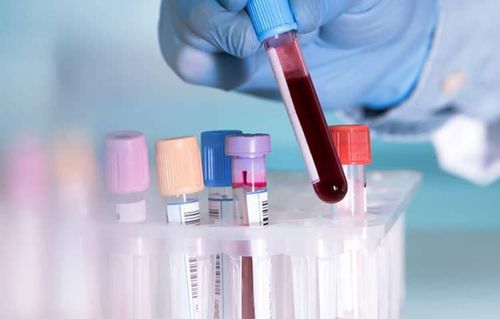
2. Treatment of acute liver failure
People with acute liver failure who require treatment in the intensive care unit of a hospital capable of performing liver transplantation, especially when liver failure is grade 4. Patients can be treated for liver damage, but in many cases the doctor will control complications and give the liver time to heal on its own.Treatment of acute liver failure usually involves the following two main approaches:
Antidote to the liver Acute liver failure caused by acetaminophen overdose is treated with a drug called acetylcysteine. This drug is also effective in curing other causes of acute liver failure. For example, mushrooms and some toxins are treated with drugs that can reverse the effects of the poison and reduce liver damage.
Liver transplant When acute liver failure is irreversible, such as grade 4 liver failure, the only possible treatment is a liver transplant. During a liver transplant, the surgeon removes the damaged part of your liver and replaces it with a new healthy liver from a donor.
In addition, to control the signs and symptoms experienced by acute liver failure, as well as prevent the risk of complications, your doctor will take the following supportive care steps:
Reduce the pressure caused by excess fluid in the brain: Cerebral edema caused by acute liver failure can increase pressure on your brain. Certain medications will help reduce fluid buildup in your brain. Hemodialysis in acute liver failure: Effective in removing toxins produced during metabolism, supporting the liver and organs while waiting for liver cells to recover or undergoing liver transplant surgery. Screening for infection: Your healthcare team will take samples of your blood and urine every hour and then take them for testing. If there are signs of an infection, medications to treat the condition will be prescribed. Prevent serious bleeding: Doctors often give patients medication to reduce the risk of bleeding. If you lose too much blood, additional tests will be done to find the cause of the blood loss. In addition, the patient is also required to have a blood transfusion.
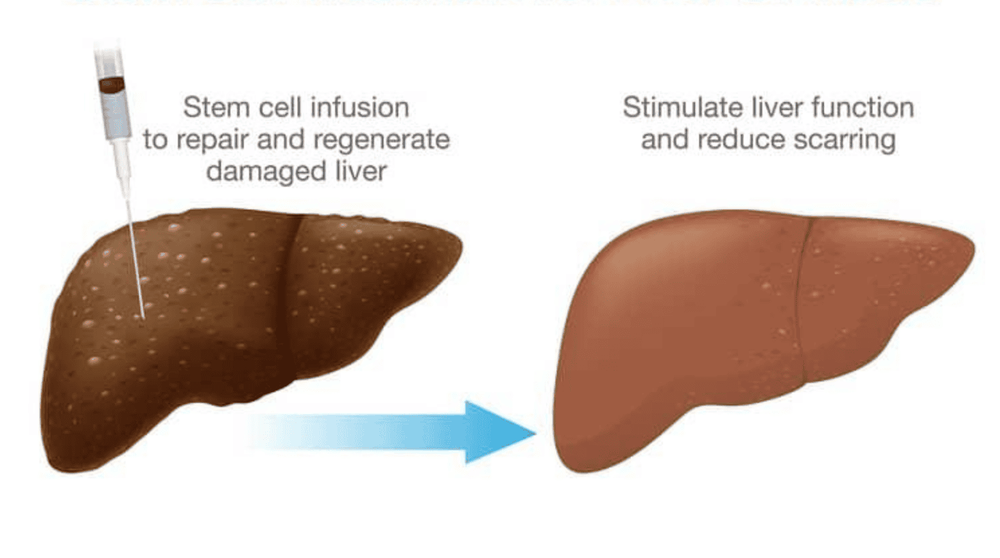
3. Future treatment prospects
Scientists are continuing to work on several new treatments for acute liver failure, particularly those that have the potential to reduce or delay the need for a liver transplant. While a number of potential future treatments have already been developed, it should be noted that they are still in the experimental stage and may not be ready for adoption.Some of the methods being studied are:
Artificial liver assist device This is a machine that will take over the work of the liver, similar to the dialysis system that helps when the kidneys stop working. There are different types of devices being studied, and some of them have the potential to improve a patient's chances of survival. One trial found that the extracellular liver support system helped people with acute liver failure live without the need for a liver transplant.
Liver transplant Transplanting only the cells of the liver - not the whole organ - can temporarily delay the need for a liver transplant. In some cases, this remedy will result in a complete recovery. However, this treatment method needs to be studied further.
Xenotransplantation This type of transplant replaces the human liver with an animal source. Several decades ago doctors performed a liver transplant trial using pig liver, but the results were not as expected. However, advances in immunology and transplant medicine now make researchers consider improving this treatment again in the hope of helping people waiting for a liver transplant.
In general, there are several tests that help diagnose acute liver failure as well as find the cause of the disease. Treatment interventions and management of the disease also vary widely depending on the cause, including new therapeutic trials being studied. However, in many cases, a liver transplant may be the only option. If acute liver failure is suspected, most people will be hospitalized for treatment in an intensive care unit.
To limit the progression of liver failure, patients need to have regular health checkups, and at the same time need to follow the doctor's instructions to achieve the best treatment effect.
Please dial HOTLINE for more information or register for an appointment HERE. Download MyVinmec app to make appointments faster and to manage your bookings easily.
Reference source: Mayoclinic.org





